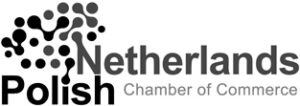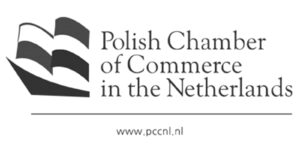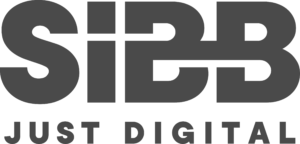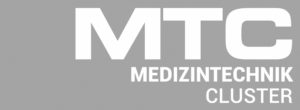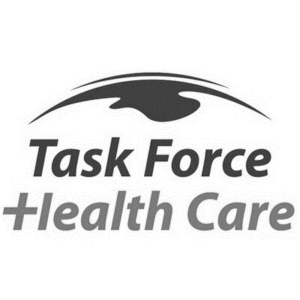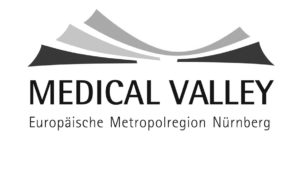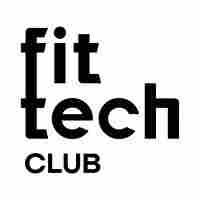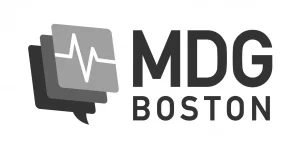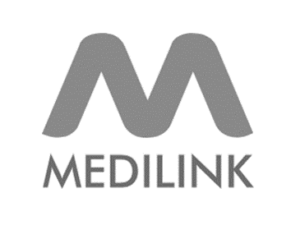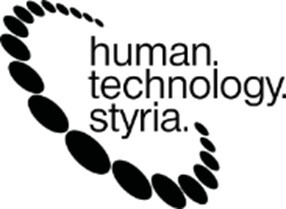Economic crisis, inflation and rising prices cast a long shadow over the new year. What will the future of the medical technology market look like in 2024?
#1 Cost back to number one
Medical technology in Germany is under enormous pressure – enormous cost pressure. Two thirds of the MedTech companies in Germany expect better sales results than in 2022, but this does not yet come close to the pre-pandemic years. With an average increase in sales of 4.8 percent, the German market is also performing significantly worse than the rest of the world (6.4%).
Medical technology manufacturers are putting the brakes on investments and cutting R&D spending, and many are closing their domestic production facilities because energy prices, personnel costs and compliance costs are rising.
#2 Outsourcing becomes a question of survival
Rather, in 2024, manufacturers will continue to outsource their development, production and supply chain, integrate external partners more closely into their own team of employees and place as much of the bureaucratic compliance effort in the hands of third parties as possible.
Through outsourcing, companies also gain the much-needed flexibility and speed to innovate in the current competitive environment and focus on their core competencies.
This strategy becomes a question of survival, especially for small and medium-sized companies (SMEs), which make up 93 percent of the industry.
This brings new challenges to the fore. Anyone who relocates their production to lower-cost countries must meet high quality and compliance standards and also ensure these “remotely”.
Outsourcing is not an ad hoc solution. A long-term strategy and a careful selection of the partner network are therefore crucial.
#3 Supply Chain: Resilient but highly bureaucratic
Delivery bottlenecks remain a nuisance. However, a radical realignment of the supply chain – as was conceivable two years ago – no longer seems necessary.
The semiconductor market is an example of this upward trend. The second half of 2023 already saw an improvement in supply and availability. Lead times, costs and market dynamics appear to be stable so far. This trend is likely to continue in the coming months.
From January 1, 2024, the Supply Chain Due Diligence Act (LkSG) will apply in Germany for the first time to companies with more than 1,000 employees. An even stricter law is set to come into force at EU level in the next few months. The draft guidelines for this were already adopted in the summer of 2023.
#4 AI: From trend to technology transition
A topic that should not be missing from any trend list in 2024 and is also gaining importance in medical technology is artificial intelligence (AI). The legal framework for safely using AI technologies in such a highly sensitive area as medicine and healthcare is either incomplete, immature or a long time coming. The Artificial Intelligence Act (AIA for short), passed in June 2023, for example, will probably only take effect in two to three years at the earliest.
However, MedTech companies must now develop an AI strategy if they want to benefit from the technology and remain competitive.
AI is more than just a chatbot à la ChatGPT. Artificial neural networks (ANN) trained with photos can already classify melanoma and carcinoma and detect skin cancer at an early stage. Surgical robots use computer vision to distinguish between different types of tissue.
Large Language Models (LLMs) simplify access to important information for physicians. And generative AI (GenAI) relieves the burden on medical specialists and nursing staff in the healthcare system when it comes to documentation and monitoring.
For MedTech manufacturers, in addition to boosting product innovation, AI has a massive impact on manufacturing, development and supply chain. Because with and through AI, AI solutions for medical technology can also be developed, implemented and brought to market more quickly. In the semiconductor market, for example, in the future Microsoft AI will take over the design of the planned Microsoft AI chips itself. In the next few years, manufacturers will increasingly invest in the AI suitability of their locations or, alternatively, rely on partners with the appropriate capacities and know-how.
#5 Sustainability is no longer a USP in medical technology
The social, economic and ecological footprint of medical technology remains large. According to the SEE Impact Study, the industry is responsible for emitting 8.9 million tons of greenhouse gases in Germany alone. Over 60% of emissions occur indirectly in global supply chains.
The demand for product sustainability solutions has been increasing continuously for years and is growing in parallel with regulatory requirements in the EU.
In the future, decarbonization strategies will therefore focus more on all phases of the product life cycle.
Sooner or later, however, sustainability will lose its unique selling point and become the norm.
#6 Compliance mix: MDR, GDNG & Co.
The bureaucratic and regulatory pressure on medical technology will continue to increase in 2024. In addition to cross-industry requirements on supply chain, sustainability, cybersecurity and the use of AI, MedTech manufacturers are still struggling with the implementation of the EU Medical Device Regulation (MDR).
A bright spot in the compliance jungle, however, is the Health Data Use Act (GDNG). The draft is intended to reduce bureaucratic and organizational hurdles in data use without endangering data protection.
See more details in the article on digital health industry
https://digital-health-industry.de/medizintechnik-marktausblick-2024/

